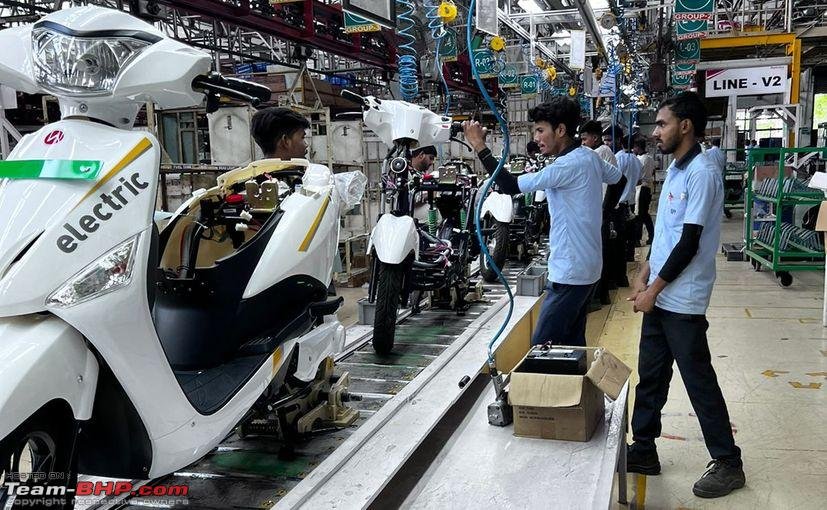The government’s flagship FAME-II plan may bar three electric car manufacturers—Hero Electric, Okinawa, and Benling India from participating in any further central projects if they refuse to reimburse the advantages that they incorrectly claimed. The Ministry of Heavy Industries received complaints in 2022 from original equipment manufacturers (OEMs) registered under the scheme, alleging that they were selling electric vehicles without following local sourcing regulations and were involved in rampant vehicle part imports. These complaints concerned the OEMs’ disregard for the FAME-II guidelines.

Hero Electric and Benling India not included in the Govt Fame 2 program
After the ministry looked into 13 businesses, it was discovered that six of them—Hero Electric, Okinawa Autotech, Benling India Energy and Technology, AMO Mobility, Greaves Electric Mobility, and Revolt Motors had violated the Faster Adoption of Manufacturing of Electric Vehicles (FAME-II) standards.
Among these businesses, AMO Mobility, Greaves Electric Mobility, and Revolt Motors obtained a clean sheet from the government after returning the subsidy amount plus interest in a matter of months. Nevertheless, Hero Electric, Okinawa Autotech, and Benling India were removed from the FAME-II programme as a result of their failure to refund the incentives. “Okinawa Autotech, Hero Electric, and Benling India had their registrations revoked. The next stage is to be barred from all Ministry programmes, which is what has happened to Benling and Hero Electric.
Blacklisting from all Government of India schemes is the next step. That hasn’t happened yet because the procedure is methodical and the Ministry of Finance must approve any company’s exclusion from all of the ministries’ programmes and policies.
The government will grant subsidies of up to Rs 10,000 for each electric two-wheeler, up to Rs 25,000 for each small electric three-wheeler, and up to Rs 50,000 for each large three-wheeler. As the subsidy amount will be subtracted from the final invoice price, lowering the purchase price of the EVs, consumers will also benefit from the MHI’s repayment of the subsidies or demand incentives to the EV producers upon the sale of a car.